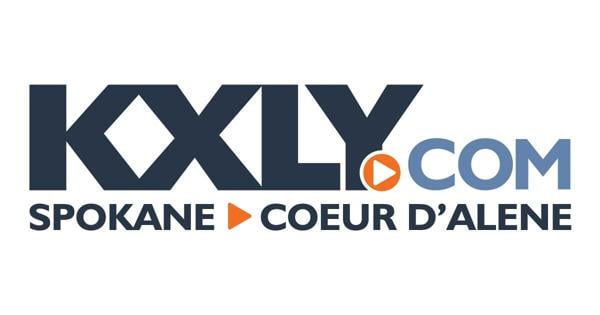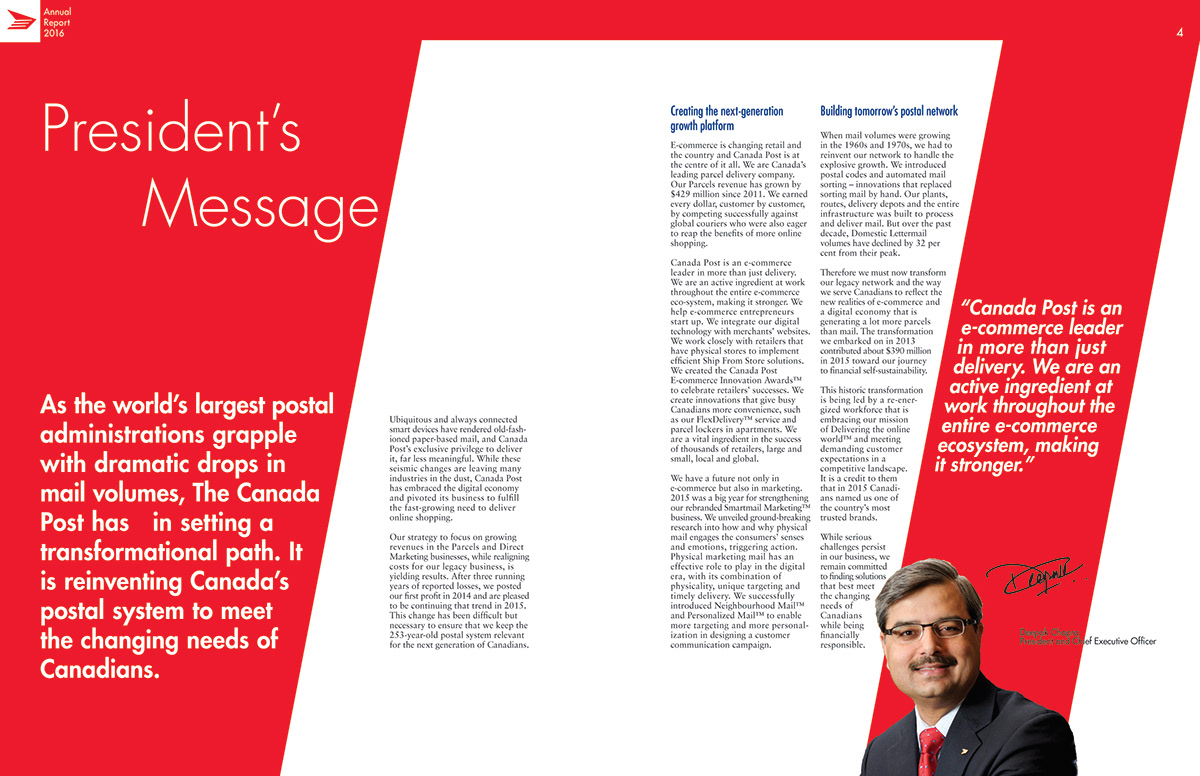The Often-Overlooked Value Of Middle Managers In Modern Businesses

Table of Contents
Middle Managers as the Bridge Between Leadership and Employees
Middle managers act as a vital link, connecting upper management's strategic vision with the day-to-day operations and employees on the ground. This bridging role is crucial for effective communication, mentorship, and overall organizational alignment.
Effective Communication and Information Flow
Middle managers are essential for streamlining communication and ensuring information flows seamlessly between leadership and employees. They translate complex strategic goals into actionable tasks, making them understandable and achievable for teams. Simultaneously, they gather feedback from employees, providing valuable insights to upper management.
- Streamlines communication: Reduces information distortion and ensures clarity, preventing misunderstandings and improving efficiency.
- Facilitates feedback loops: Enhances transparency and improves decision-making by ensuring that all voices are heard and considered.
- Improves employee understanding: Fosters buy-in and commitment to organizational goals by providing context and clarifying expectations. This leads to increased employee motivation and engagement.
Mentorship and Employee Development
Beyond communication, middle managers play a significant role in employee development and mentorship. They often serve as the primary point of contact for employees seeking guidance, support, and career advancement opportunities.
- On-the-job training and skill development: Middle managers provide hands-on training, coaching, and mentoring, equipping employees with the skills they need to excel in their roles.
- Performance management and feedback: They provide regular performance feedback, helping employees identify areas for improvement and fostering continuous growth. This includes constructive criticism delivered in a supportive and encouraging manner.
- Talent identification and succession planning: Middle managers are often best positioned to identify high-potential employees, nurturing their talent and preparing them for future leadership roles. This contributes to a strong talent pipeline within the organization.
Middle Managers as Drivers of Productivity and Efficiency
Effective middle managers are not just communicators and mentors; they are also key drivers of productivity and efficiency within their teams. Their ability to manage, motivate, and optimize processes significantly impacts organizational performance.
Team Management and Motivation
Skilled middle managers excel at team management, fostering a collaborative and productive work environment. This involves effective delegation, conflict resolution, and consistent performance monitoring.
- Task delegation and workflow optimization: They efficiently delegate tasks, ensuring optimal workflow and maximizing team output. This prevents bottlenecks and ensures timely project completion.
- Conflict resolution and team building: They proactively address conflicts and foster a positive team dynamic, promoting collaboration and mutual support.
- Performance monitoring and improvement: They continuously monitor team performance, identifying areas for improvement and implementing strategies to enhance efficiency.
Process Improvement and Innovation
Middle managers are often closest to the day-to-day operations, giving them a unique perspective on potential improvements and innovations. Their insights can significantly contribute to streamlining processes and increasing efficiency.
- Identifying bottlenecks and inefficiencies: Their proximity to operations allows them to identify and address bottlenecks, reducing wasted resources and improving overall efficiency.
- Implementing best practices and new technologies: They can champion the adoption of best practices and new technologies, improving productivity and driving innovation within their teams.
- Suggesting innovative solutions to challenges: Their understanding of both operational realities and strategic goals allows them to suggest creative and effective solutions to complex challenges.
The Impact of Effective Middle Management on Overall Organizational Health
The impact of strong middle management extends far beyond individual teams. It directly influences overall organizational health, employee engagement, and ultimately, profitability.
Increased Employee Engagement and Retention
Effective middle managers foster a positive work environment, leading to increased employee engagement and reduced turnover. They build strong relationships with their teams, provide opportunities for growth, and address employee concerns.
- Building strong relationships with employees: Creates a sense of belonging and value, boosting morale and motivation.
- Providing opportunities for growth and development: Increases employee satisfaction and loyalty, reducing the likelihood of employees seeking opportunities elsewhere.
- Addressing employee concerns and feedback: Promotes a culture of open communication and trust, fostering a supportive and inclusive work environment.
Improved Organizational Performance and Profitability
A strong middle management layer directly translates to improved organizational performance and profitability. This is achieved through increased productivity, reduced turnover, and overall stability.
- Improved productivity and efficiency: Leads to cost savings and increased revenue generation.
- Reduced employee turnover and recruitment costs: Saves the organization significant time and resources associated with recruitment and training.
- Improved overall organizational health and stability: Fosters a sustainable and successful business by ensuring smooth operations and consistent performance.
Conclusion
The value of middle managers in modern businesses is often underestimated, yet their contributions are indispensable for organizational success. They serve as vital links between leadership and employees, driving productivity, fostering employee development, and contributing significantly to overall organizational health and profitability. Investing in and developing your middle management team is not just an expense, but a strategic investment in the future of your company. By recognizing and leveraging the significant value of effective middle management, businesses can unlock greater efficiency, employee engagement, and ultimately, achieve sustainable growth. Don't underestimate the power of strong middle management – invest in their development and watch your business thrive.

Featured Posts
-
 Los Angeles Wildfires Exploring The Ethics Of Disaster Betting Markets
May 18, 2025
Los Angeles Wildfires Exploring The Ethics Of Disaster Betting Markets
May 18, 2025 -
 Snls Profanity Debate Bowen Yangs Perspective
May 18, 2025
Snls Profanity Debate Bowen Yangs Perspective
May 18, 2025 -
 Damiano Davids Next Summer A Deep Dive Into The Maneskin Vocalists Solo Work
May 18, 2025
Damiano Davids Next Summer A Deep Dive Into The Maneskin Vocalists Solo Work
May 18, 2025 -
 Commission Report Calls For End Of Daily Canada Post Home Mail Delivery
May 18, 2025
Commission Report Calls For End Of Daily Canada Post Home Mail Delivery
May 18, 2025 -
 16 Million Fine For T Mobile Details Of Three Year Data Breach
May 18, 2025
16 Million Fine For T Mobile Details Of Three Year Data Breach
May 18, 2025
Latest Posts
-
 Amanda Bynes Only Fans Debut A Major Caveat Explained
May 18, 2025
Amanda Bynes Only Fans Debut A Major Caveat Explained
May 18, 2025 -
 Drake Bells Controversial Comparison Amanda Bynes And Friends Rachel
May 18, 2025
Drake Bells Controversial Comparison Amanda Bynes And Friends Rachel
May 18, 2025 -
 Michael Confortos Path To Redemption Overcoming Early Spring Slump
May 18, 2025
Michael Confortos Path To Redemption Overcoming Early Spring Slump
May 18, 2025 -
 Understanding Amanda Bynes Journey Through Public Challenges
May 18, 2025
Understanding Amanda Bynes Journey Through Public Challenges
May 18, 2025 -
 Taran Killam Discusses His Relationship With Amanda Bynes
May 18, 2025
Taran Killam Discusses His Relationship With Amanda Bynes
May 18, 2025
